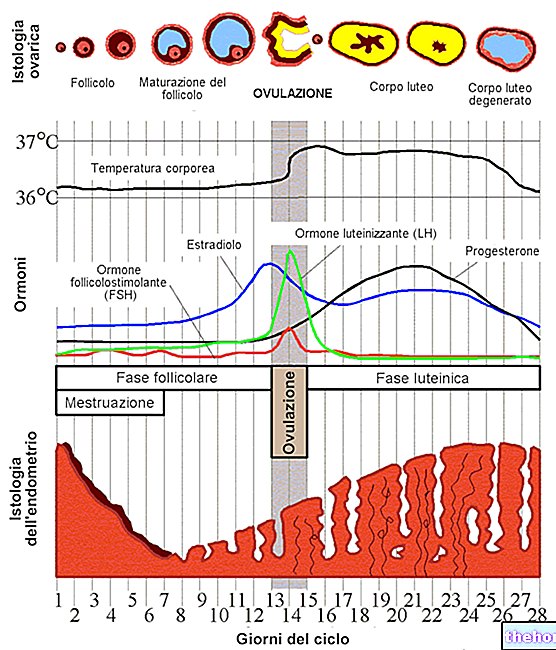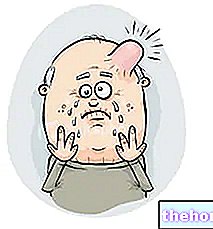<<
The hypothesis of the grandmother
Among the depressing disadvantages linked to aging, a notable value stands out, which man has learned to know and appreciate since ancient times: the wisdom of the elderly. Reflecting on the matter for a moment, many will agree that having to leave Earth after having accumulated an incredible array of experiences throughout one's life is a huge waste of resources. If writing and human memory did not exist, all this precious baggage of knowledge would in fact end up in a non-nothing, condemned by an at least ironic fate.

The goal of staying healthy for a long time, retaining a good part of youthful vitality, is within the reach of many, since we already have enough knowledge to do so. We know, for example, that the main causes of death such as cancer, kidney failure, diabetes and cardiovascular diseases, are slow and progressive events, whose onset precedes the onset of symptoms by many years. Today we have the ability to assess where a person is on this path and consequently to take effective preventive actions to halting and reversing the slow progression of the disease Early screening is the key to achieving this goal.
Coronary heart disease is the leading cause of death in the United States. The alarming fact is that about 50% of men and 64% of women discover they suffer from cardiovascular problems only after suffering a heart attack. This means that half of the male population and almost 2/3 of the female population suffer a heart attack without first experiencing important warning symptoms. A similar argument could also be made for cancer, which is often discovered when it has already metastasized and is therefore extremely difficult to cure.
Seen from this point of view, the sensitivity of the population and the health system towards early diagnostic visits must necessarily increase.
The aging process is no one's friend
To slow it down and make it better, we have to take aging for what it is. Advancing age is nothing friendly but it represents an enemy that we must learn to fight with all the tools and weapons at our disposal. And like any fortress. apparently impregnable, it must be faced from multiple points of view.
On the road to a more serene longevity, the biological phenomenon of aging is not the only adversary to fight. To continue the journey of life with serenity, we must first of all realize that we ourselves are our worst enemies. Every day millions of people oppose their own health with questionable behavioral choices, sending their well-being up in smoke like the cigarette they hold between their fingers, weakening their heart, like atrophied muscles from a chair from which it is increasingly difficult to get up, and subtracting clarity from one's brain, such as consumerism obscures the prestige of all those positive values that should characterize the human being and his society.
We know the dangers of a diet that is too high in calories and animal fats, but we continue to consume too much. We know that regular exercise slows down aging and protects us from stress, but we just don't want to know about exercising. We ignore our genetics. However, we know that if there is a predisposition to lung cancer in our family we should not smoke, but we continue.
The third enemy to fight is embodied in the countless ethical problems raised by some research dedicated to the fight against aging.
More articles on "Aging: Why You Need to Counter It"
- aging
- aging
- aging
- aging
- aging
- aging
- aging



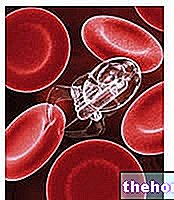
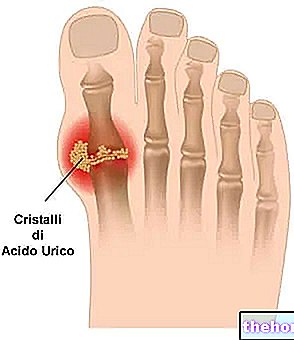




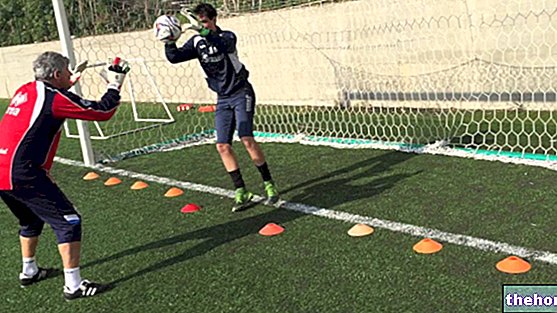


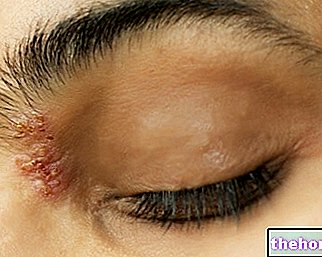




.jpg)



